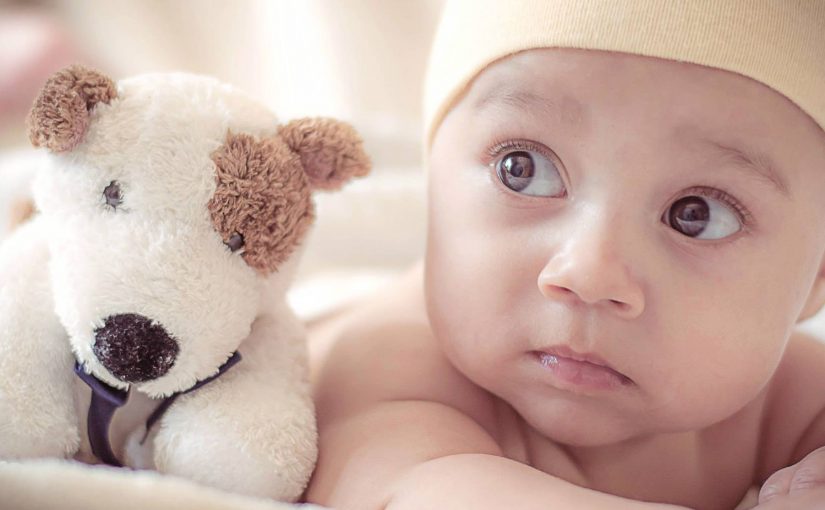As a new mother or a not so new mother we are always looking for the best way to keep our baby’s room safe from the things that would keep our little ones from sleeping well and being susceptible to colds and viruses.
The typical “go to” device for the baby’s room is the humidifier. And it is true that keeping the relative humidity between 30 and 50% is very important especially considering the effects the dry air can have on a baby.
But what about the other parts of the year where humidity is not an issue or when it is an issue, but not the lack of it.
Table of Contents
Should I put an air purifier in the baby’s room?
Yes an air purifier should be part of the defense against the airborne germs and viruses that can make your babies, as well as your own life miserable.
Air purifiers, unlike humidifiers, are useful for reducing airborne contaminants that can get into your baby’s lungs and nasal passages all year long. Not just during the dry winter months.
What kind of air purifier do I need for my baby room?
1. HEPA filter
The primary thing to look for in an air purifier for the baby’s room is that it uses a HEPA filter.
H13 HEPA filters which have rapidly become the norm for baby air purifiers can filter out contaminants as small as .01 microns.
Which makes them very good as a defense against the common cold.
2. Carbon filter
Carbon filters are sponge like filters that are very good at filtering out VOCs, gases, and odors.
This type of filter is important because it is able to absorb the type of airborne contaminants that can come from chemicals. Things like paints and adhesives that are underneath the carpet as well as aerosols.
They are also useful for absorbing chemicals from cigarette smoke if the baby is being exposed to a smoker.
Other air purifier considerations
1. Filter price
HEPA and Carbon air purifiers require replacement filters every 3 to 6 months.
The price of the filter or filters is a big consideration when purchasing an air purifier.
Some air purifiers may cost a little less up front but the price of the filter more than makes up for it on the back end.
And there are a lot of air purifier companies that only sell combination hepa and carbon filters.
Which from a convenience stance is great, but considering that carbon filters can last much longer than HEPA filters depending on your needs,
You could be buying twice the amount of filters by choosing an air purifier that has a combination filter.
2. Ionic technologies
You can also purchase air purifiers that use ionic technologies like Plasmacluster.
The main thing to think about with ionic technologies is that they can create a bit of ozone. Which can be a long irritant.
But at the same time, a technology like plasma cluster can completely kill airborne viruses and bacteria, whereas a HEPA filter will only capture them.
Air purifiers like the Winx Plasmacluster feature the bipolar ionic technology as a completely independent feature on their air purifier that can be turned on when you are out of the house.
That gives you the option of using the technology to reduce the chance of airborne viruses and yet not have to ever use the feature when your baby is sleeping in the same room.
Summary
Should I put an air purifier in the baby’s room?
An air purifier in the baby’s room is one of the best ways you can help defend your baby against airborne germs and viruses.
And unlike humidifiers which are excellent during the dry months, air purifiers are useful all year long to help keep your baby breathing clean air.
The type of air purifier that is best for a baby is the Hepa H13 and carbon air purifier .
But remember, a HEPA filter and a carbon filter do not necessarily have the same lifespan, so it is useful to do your research before you get into purchasing an air purifier that requires a combination filter that is not necessarily useful and costs much more.

